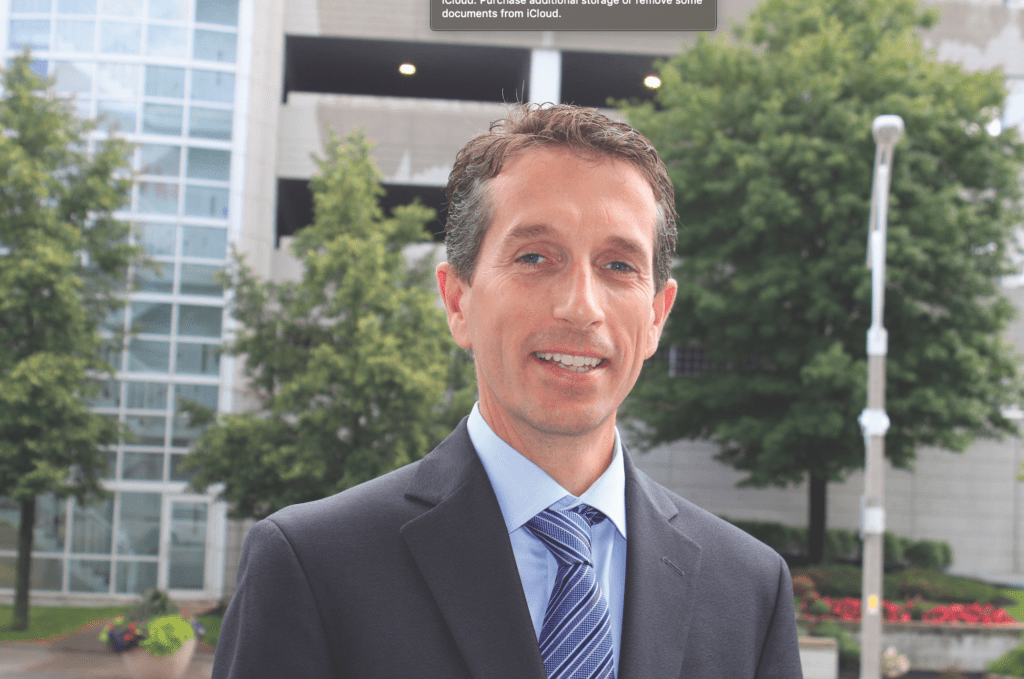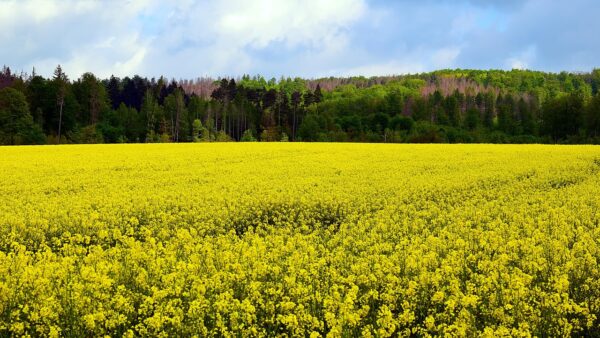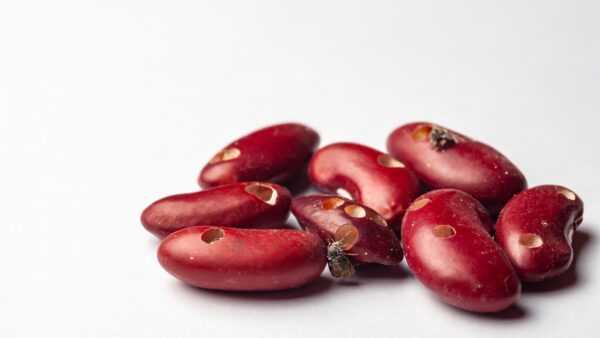When asked “What’s new?” I always have to stop and pause. If you’ve asked me this and wondered why the pause, it’s not because of a lack of issues that we are working on or that I’m thinking of the proper words. Working on issues in the seed industry is like building a cathedral. It’s slow, it’s planned, it’s intentional and it’s a continual layering of stone and other materials.
The Seed Association of the Americas (SAA) is committed to promoting and facilitating the seed business in the Americas. The main topics are: phytosanitary matters, with the focus of facilitating trade; biotechnology and innovation in genetic improvement; treatments and technologies applied to seed; and finally, innovation in genetic plant breeding, intellectual property and breeder’s rights.
Regarding phytosanitary matters, it’s been two years since the International Plant Protection Convention approved the International Standard for Phytosanitary Measures (ISPM) No. 38. The Working Group continues its work with national associations to evaluate efforts made by official organizations, by industry and the interaction of both on these issues. Our goal here is to identify and analyze new challenges and to capitalize on the advances to solve phytosanitary issues within the SAA countries. We’re also promoting the implementation of and defining actions that help facilitate the international movement of seed.
One of the contraints to the movement of seed within the Americas is treated seed. We are working to better understand the characteristics and benefits of treatments and technologies applied to seed, as well as the regulatory aspects that must be taken into account when moving treated seed internationally. Given the tremendous growth in the trade of treated seed among the Americas and throughout the world, there needs to be a space where we can answer frequently asked questions. The Seed-Applied Technologies Working Group focuses on providing information that industry and regulating entities might need to help foster the movement of treated seed. Expanding on those efforts to inform, it also offers the public a clearer vision of how these new technologies benefit farmers and the environment in a sustainable way.

In addition to promoting advancements in seed-applied technologies, SAA seeks to promote plant breeding innovations, such as CRISPR-Cas9 and other gene editing techniques. While the technology has quickly evolved, country-specific regulatory frameworks have not, potentially delaying the availability of new products for farmers. I’m proud because our region, the Americas, is the vanguard region where governments have issued regulations for gene editing. Clearly separating GMO regulations from those that regulate gene editing, which does not involve transgenesis, is crucial to continuing rapid innovation. Academia, research institutes and companies of all sizes consider gene editing a tool of the highest potential. SAA partners with other international seed associations at a regional and global scale to support and encourage the development of regulatory frameworks based on science and that allow for and promote continued plant breeding innovations that benefit all stakeholders, from farmers to consumers.
Another piece of the puzzle that must be in place to help advance innovation is a strong intellectual property environment. The effective protection of intellectual property in such cutting-edge technology developments is crucial for the future of the sector and the agri-food chain; however, it is a big challenge. The Intellectual Property Working Group explores the regulatory frameworks, coexistence of rights, the generation of value through the collection of royalties and the enforcement tools of these innovations. It’s also monitoring the potential use of molecular markers for the identification and differentiation of varieties.
Each time SAA members meet, it’s a stimulating experience. Our working groups and staff are empowered through the excellent exchange of information, experiences and opinions. This fosters new ideas, solutions and strategies to advance our mission, to promote and facilitate the business of seed in the Americas.
Held in conjunction with the Argentine seed association, SAA will host its 7th Seed Congress of the Americas Sept. 10-12 in Buenos Aires, Argentina. This meeting brings representatives from the seed industry together with those who work in regulatory roles, allowing for productive dialogues and debates needed to work through some of the most important issues at hand. Learn more and register at saaseed.org/congreso.










